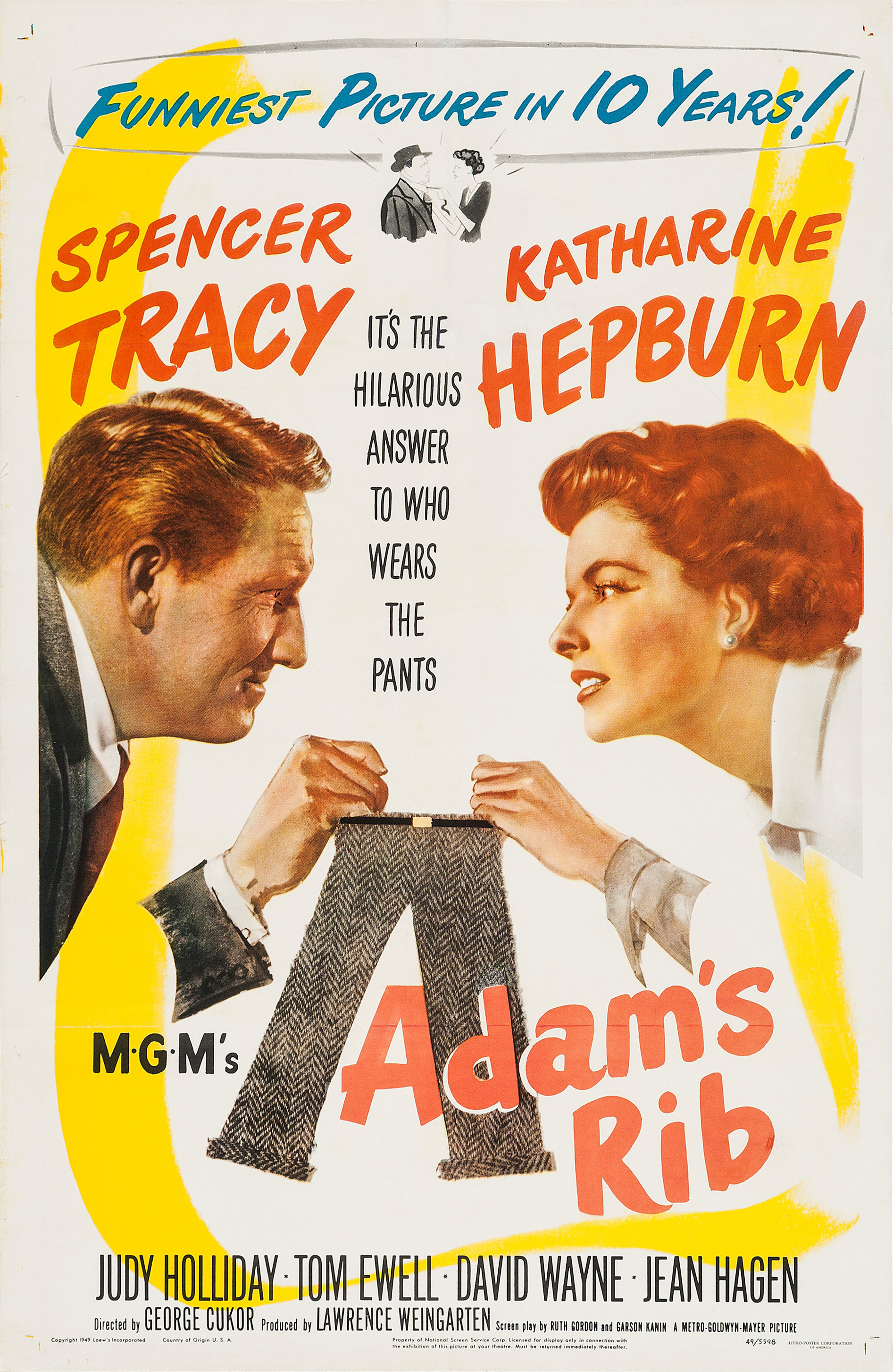
I was surprised to discover how, upon completing this movie, how much I disliked it given how obvious it should have been a personal hit — Spencer Tracy and Katharine Hepburn (I am not the world's biggest Spencer Tracy fan, considering him a sort of Paul Pierce figure [1], but their chemistry alone is a draw), George Cukor behind the camera, mid-century sexual and relationship dynamics, and a svelte runtime.
But I am left with a feeling of something, a cocktail that sits between sour cynicism and a certain disappointment. It is almost entirely ascribable to the gulf between what was on the edge of women's liberalism in 1949 and, well, today — or perhaps to Cukor's unwillingness to commit to either earnestness or slapstick [2]. There were two scenes that struck me as real in a way the star vehicles of this era never really do:
- Judy Holliday (delightful, but underused)'s character monologue of her abuse and descent;
- Tracy's character hitting the breaking point, and the ensuing argument with Hepburn — a confrontation that feels real in its flitting between loud and quiet, between anger and sadness.
But the rest — the series of testimonies, the whole David Wayne experience, the Vive la difference — it felt a bit too much like caricature.
★★